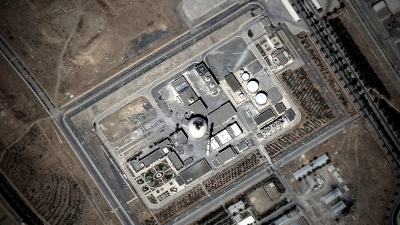KUALA LUMPUR, Aug 24 (Sin Chew Daily) — Although official data from the statistics department shows a 0.4% drop in the June unemployment rate to 4.9%, unemployment must not be overlooked, says Malaysian Employers Federation (MEF) executive director Datuk Shamsuddin Bardan.
Shamsuddin told Sin Chew Daily the unemployment situation in the country is still serious and challenging.
Despite the fact the statistics department's data shows a moderation of unemployment rate from 5.3% to 4.9%, Shamsuddin said there was actually no improvement in the unemployment situation in the country.
"The July workforce was lower by 20,000 compared to June, showing a decline in total workforce," he said.
The human resources ministry has also admitted that the jobless data recorded by the ministry is incomplete, said Shamsuddin.
"Many employers retrench workers without informing the Labor Department. The Employment Insurance Scheme (EIS) data is also inaccurate. Only those who need help will apply for EIS. The real unemployed figure could be higher than the official data," he said.
Shamsuddin said although most companies have resumed their operations during the Recovery Movement Control Order (RMCO), the demand for goods in the market remains low. The number of workers hired by companies would not be higher than pre-MCO levels.
"Services and manufacturing sectors are facing stiff challenges. Export figures are still plunging. The second quarter GDP shrank by 17.1%. Our economy is in recession," he said.
The agricultural and plantation sectors also face acute labor shortage at the moment, said Shamsuddin.
"Currently, agricultural and plantation sectors require large number of workers. These two sectors are short of 60,000 to 62,000 workers. Locals are not interested in these two sectors. The industry players hope that they can hire foreign workers to fill the vacancies," he said.
Shamsuddin said the suspension of foreign workers had resulted in losses in the agricultural and plantation sectors.
"Take the oil palm estates for example. The fruits are to be harvested immediately. The operators do not have sufficient manpower. This is one of the challenges faced by the operators," he said.
Shamsuddin said although the human resources ministry had relaxed the regulations by allowing employers to hire foreign workers who have been retrenched earlier if local workers are not keen to fill the vacancies, such policy does not help the operators as employers can only hire foreign workers from the same industry.
"For instance, the agricultural and plantation sectors are already facing shortage of workers. No employers in these sectors would retrench existing workers. How to hire foreign workers who have been retrenched? This policy has imposed limitation to employers," he said.
Shamsuddin suggested that the government allow employers in agricultural and plantation sectors to hire foreign workers from other sectors in order to solve the labor shortage problem in specific sectors.

ADVERTISEMENT
ADVERTISEMENT


































